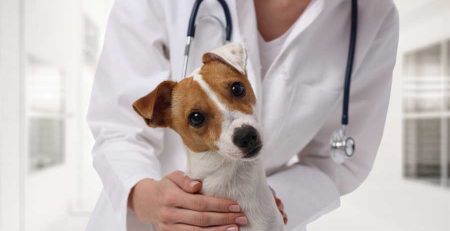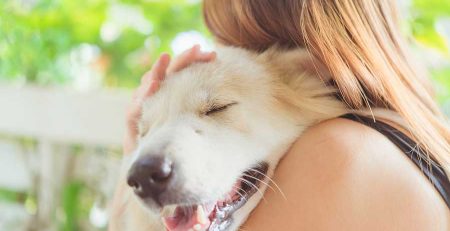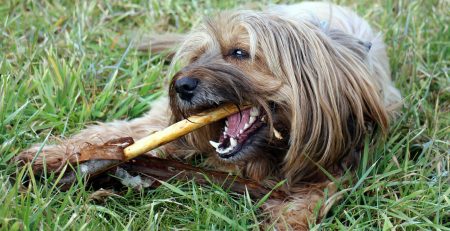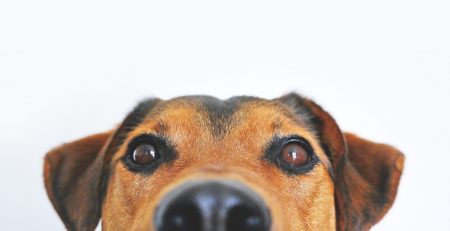Why Do Dogs Stop Eating?
Whether your dog is a puppy or an older dog, it can be distressing when your dog stops eating. There are many reasons why dogs experience a lack of appetite. Determining the cause behind a loss of appetite is the first step toward determining the appropriate treatment.
A loss of appetite can indicate an illness, which is why it is critical that you take your dog to the veterinarian anytime you notice a change in your dog’s eating habits. Dogs can refuse to eat for a number of reasons, including:
- Illness – When a dog is ill, he can experience a decrease in appetite. A loss of appetite does not automatically mean your dog is ill; however, it is important that your vet check the dog out to determine if he is experiencing a life threatening illness, including kidney failure, liver disease, a systemic infection, or cancer.
- Dental Issues – If your dog is not eating, he may have a dental issue. Some of the most common dental issues include a chipped or broken tooth, severe gingivitis, or a loose tooth. In addition to this, dogs can develop oral tumors that prevent them from eating.
- Recent Vaccinations – If your dog has been recently vaccinated, he may not feel like eating. Much like childhood vaccinations that can cause achiness, fever, loss of appetite and lethargy, pet vaccinations can cause these symptoms. If your dog has had recent vaccinations, he may experience a temporary loss of appetite; however, it is usually brief. If your dog has not ate in two or more days following getting vaccinated, contact your veterinarian.
- Travel or Unfamiliar Surroundings – Dogs are temperamental and can become nervous, stressed out or uncomfortable in unfamiliar locations. Many dogs will not eat when traveling due to motion sickness. Although you should be concerned if your dog is not eating, most of the time when your dog becomes accustomed to a new location, he will begin eating.
- Behavioral problems or Picky Eating – Some dogs are picky eaters and it may take some time for them to become accustomed to new dog food. If you switch your dog’s food, do it slowly. Begin by adding one quarter of the new dog food to their current dog food and slowly increase the amount of new dog food until you are serving only new dog food.
- Aggressive Dogs – If you have more than one dog, the dog who is more timid may not have the opportunity to eat. An aggressive dog may “protect” the food and prevent the other dog from eating. If you have more than one dog, try feeding the dogs in separate areas.
When a dog experiences a lack of appetite, it can be scary; however, there are many reasons why your dog may not be eating, including a new environment, picky eating, or being around aggressive dogs. Oftentimes, a diminished appetite will resolve in a day or two; however, if your dog has not eaten in a couple of days, contact your veterinarian and schedule a visit.
If you are seeking information or require quality veterinary care for your pet please contact St. Francis Veterinary Hospital today at 419.824.8177 or email us.









